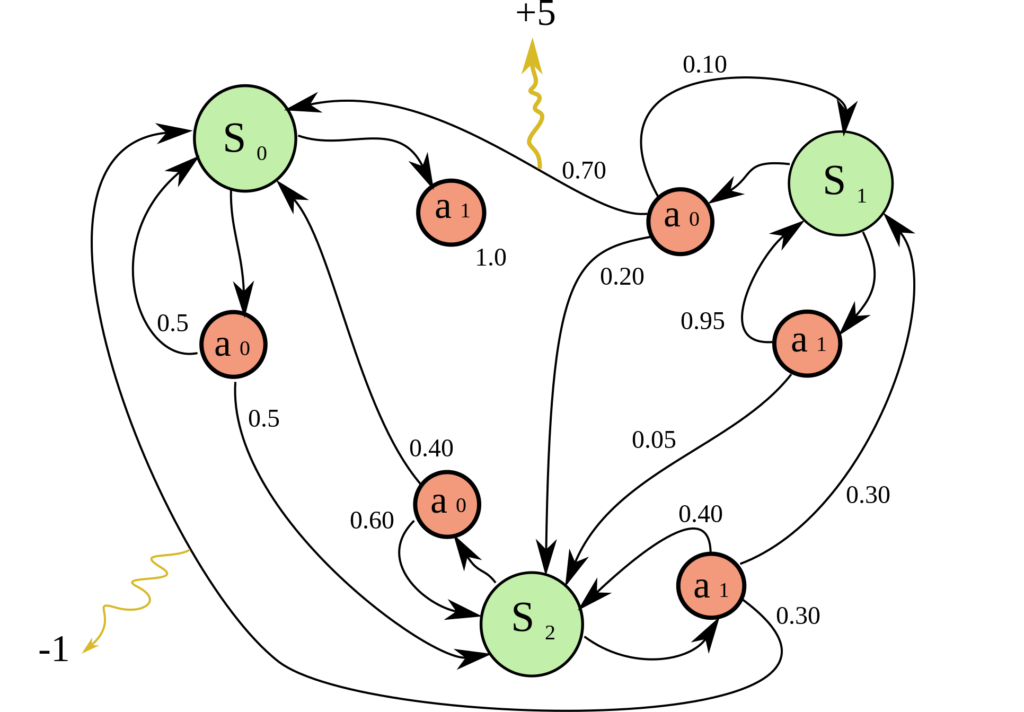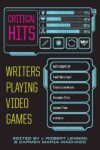This piece originally appeared in the first Full Stop Quarterly. The Quarterly is available to download or subscribe here.
Choice has always been political. It is most evident in the language surrounding abortion — a woman’s right to choose; to be pro-choice, to choose life. But choice also rears its head in every argument in the American political system: death with dignity (I choose death), gun control (I choose violence), and what to do with climate change (I choose to ignore the destruction of our planet), to name a few. It’s our choice. We vote. America, land of the free, must have options.
Perhaps, in a way to offset this tremendous strain, it’s become trendy to reduce one’s choices everywhere else. Consider the recent popularity of curated services like Pandora, Songza, Blue Apron, and Birchbox — all offering to make your lifestyle choices for you, establishing you as a trendsetter with good taste with minimal effort. After all, to be faced with a barrage of options is dizzying, akin to finding one’s self in a food hall on an empty stomach. If you only have eight dollars for lunch, how will you spend it? The choice is paralyzing as we consider everything else we might consume instead. The financial equivalent of FOMO, the more money you have, the more you can choose. And in a funny way, class is denoted by the ability to choose less, to not have to make such comparisons and decisions, because the best of everything is already brought to you.
Society has always been saturated with media. We’ve been making things ever since we sat up and figured out how to use tools, but the internet has brought that information saturation to the very forefront of our consciousness, running it parallel to the weak electromagnetic current across the touchscreens we rarely part from. We’re bludgeoned with advertisements (targeted, of course: consumer’s choice); we click through slideshows; every day a new track drops and we have to decide if we like it. We rush to be told what to like, because we don’t want to do the tireless trawling of the seabed of culture — we leave that to the bloggers. To discover something is a triumph, your power of choice exercised to great acclaim. You’re so good at choosing stuff, we might say admiringly to our tastemakers.
In the world of late capitalism, we certainly have options. It’s not unusual to hear a young person say, despairingly, “I don’t know what I want.” We’re not sure what we like, but we immerse ourselves in the mire of modern society in the hope that we’ll figure it out. And because we can, we apply choice to all things: to job applications, to apartment-hunting, and to our coltish attempts at finding life partners, swiping over their faces in Tinder. (Recently, in bed, I said to a new lover: “I have no desires.” It was the most honest thing I’ve told him yet, though at least we didn’t meet on Tinder.) With an app like that it’s possible to meet and dismiss hundreds of faces at once, each a person with dreams and ambitions and a rich interior life, theoretically, but distilled to a handful of photos and five hundred characters. The choices are so numerous it almost makes one feel physically sick. When surrounded by such plenty, how can we ever winnow the fields down?
Stunned and sated by the constant stream of information we swim in, feeling nauseous in bed with just our phones in our hands and the ghostly vectors of the social media profiles of every soul in our one-mile radius for company, stricken by the web of endless possibilities proffered to everyone with access to even just a little capital, what is left for us and our choices? They’re the things that distinguish us, our preferences and our political beliefs, our professed right to choose life or death or guns or solar power. And choice is what makes us human, right? Was it Sartre who said that we can imagine leaping off a bridge but choose not to, and that is what gives us free will?
(A text to my friend confirms this, but he says to ask his twin brother.)
We’re so scared of picking the wrong thing that we often opt for neither. A color palette, a paroxysm of indecision; someone hires an interior designer. Days full of unmade plans turn into drawn out, resentful messes, hedging back and forth, wondering if there’s ever going to be something better. Or maybe your life goes by and all of a sudden you’re in your mid-twenties, out of school and bummed at work and wondering why you’re so unhappy — duh, it’s because for the first time you have to think for yourself.
The ability to choose is a luxury, a delightful freedom, a tricky exercise for a mammal that probably never imagined it would be asked to decide so much. (Picture our ancestors loping through the forests, holding a sticky root in one hand and a sprig of berries in the other, asking with grocery-store hysteria, But which one should I get?!) And at a time when we are allowed, within reason, to choose our own destinies, to decide for ourselves, to believe what we believe and to eat what we eat and to taste with our own, highly-developed taste, may we not own those decisions? May we not take choice back for ourselves, discover ideas, cultivate desire, peer deep within ourselves, and become intentional with our wants?
After all: What makes you the very most special in the world? You’re not.
This post may contain affiliate links.








